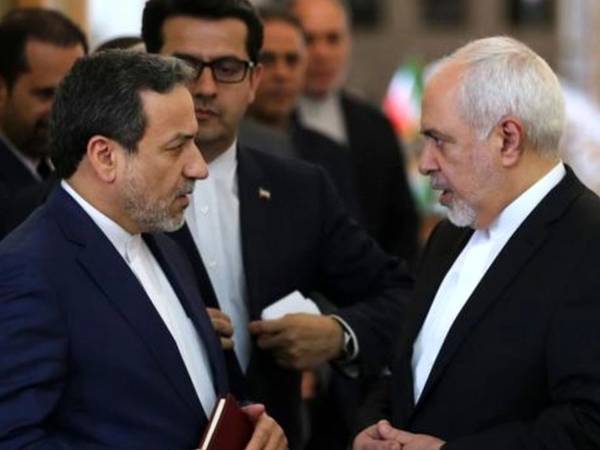The recent round of talks between Iran and Europe has left many Iranian diplomats and politicians disappointed. However, some observers argue that the failure of the November 29 talks in Geneva does not entirely close the door on diplomacy.
In a commentary for the relatively independent Rouydad24 website, conservative commentator and former lawmaker Jalal Khoshchehreh analyzed Tehran's options after the talks ended in what the outlet described as a deadlock. Contrary to the dominant view among Iranian commentators, diplomats, and politicians—who believe there may be no resolution to this impasse—Khoshchehreh suggested the setback might prompt Iran to adopt a more pragmatic and realistic approach in its relations with Europe.
He noted that Iran is aware a prolonged stalemate with Europe could open the door for Donald Trump’s aggressive policies toward Iran once he takes office as President of the United States in mid-January. According to Khoshchehreh, the latest talks aimed to demonstrate Iran's readiness to manage the crisis. He also emphasized that neither Iran nor Europe favors confrontation, which might encourage Tehran to take more proactive diplomatic steps to avoid a unified front against Iran by the US, Europe, and potentially the international community.
Khoshchehreh further highlighted the importance of balancing domestic political dynamics with foreign relations, asserting that focusing on one without the other is bound to fail. This was apparently a veiled reference to human rights violations and lack of political and social freedoms.
After the Geneva talks, hardliners and members of Iran’s Supreme Council of National Security openly criticized the Foreign Ministry's efforts to negotiate with Europe. Iran’s chief negotiator, Majid Takhtravanchi, walked back his earlier optimistic remarks, stating that what occurred in Geneva amounted to exchange of opinions rather than "negotiations."
This internal discord within Iran's fragmented political landscape has bolstered hardliners who opposed the negotiations from the start. They also attacked Vice President Mohammad Javad Zarif for suggesting that Iran remains open to talks with the United States. Tehran now faces a critical decision: whether to cling to its ideological "principles" or adopt a more realistic foreign policy approach, as Khoshchehreh urged, invoking former Chinese leader Deng Xiaoping’s call for courage in pursuing the right path. Tehran must now weigh its lofty ambitions against the realities it faces.
Conservative commentator Hassan Beheshtipour had remarked earlier that European nations might activate the trigger mechanism in the 2015 nuclear deal, which would reinstate pre-2015 UN sanctions on Iran. Beheshtipour argued that Europe would only take this step if Iran fails to alter its behavior. Breaking with the reluctance of many Iranian commentators to criticize former President Ebrahim Raisi, Beheshtipour claimed Europe’s tough stance is a result of Raisi’s evasive policies, which worsened Iran-Europe relations.
Last week, hardline newspapers Kayhan and Javan, along with the ultraconservative Raja News website, sharply criticized the Iranian government’s efforts to restore ties with Europe. Both Kayhan and Javan urged President Masoud Pezeshkian to replace his advisers, while Raja News questioned Zarif’s authority to make what it called “dangerous suggestions” regarding Iran’s stance toward the United States.
Beheshtipour advised Iran to hold off on prioritizing negotiations with Europe, given Trump’s unpredictable policies and existing US-European divisions over Iran. He suggested Tehran wait until late January to reassess Trump’s shifting positions and isolationist tendencies before deciding on further negotiations.
